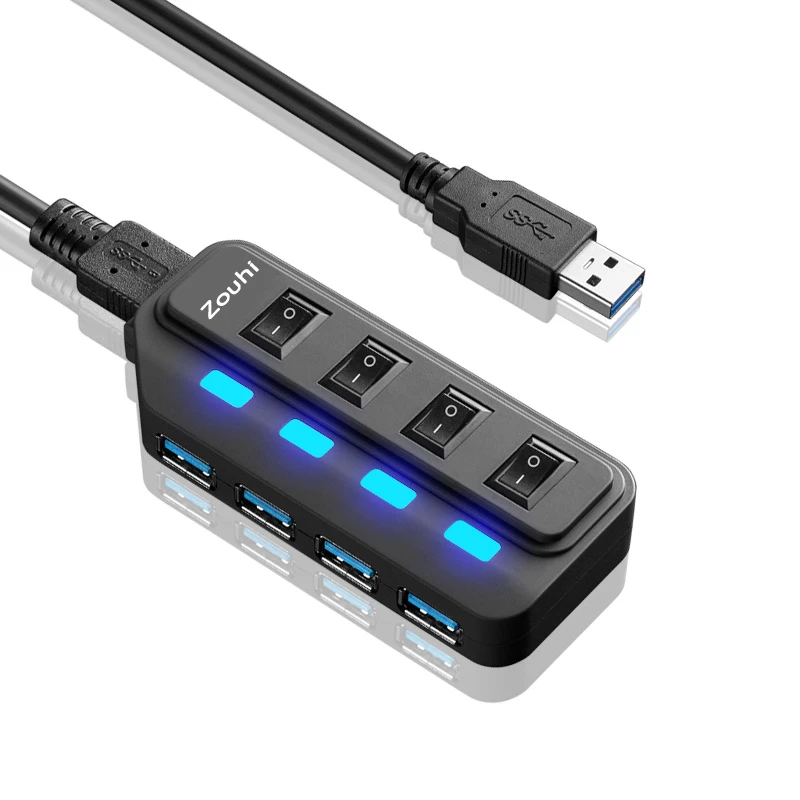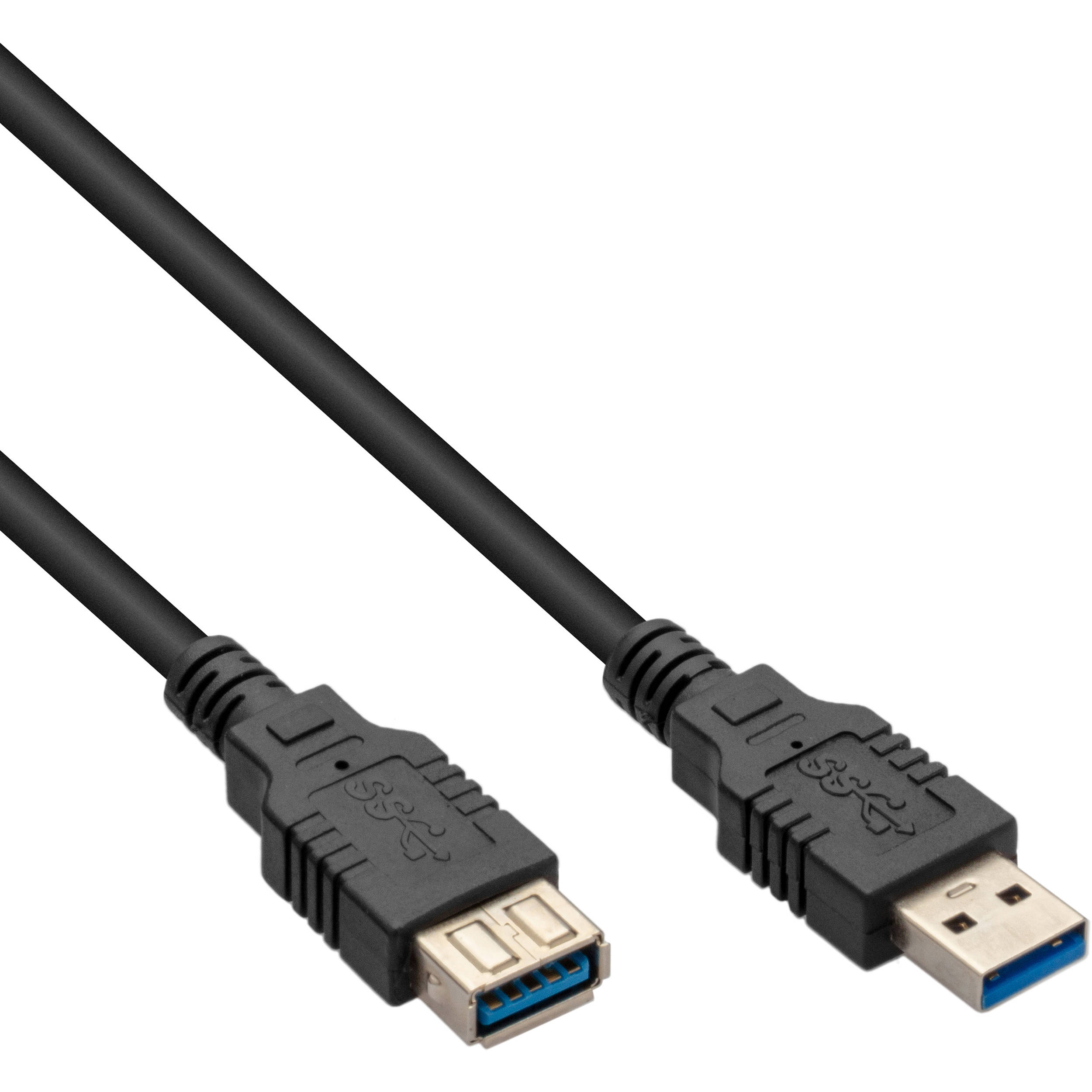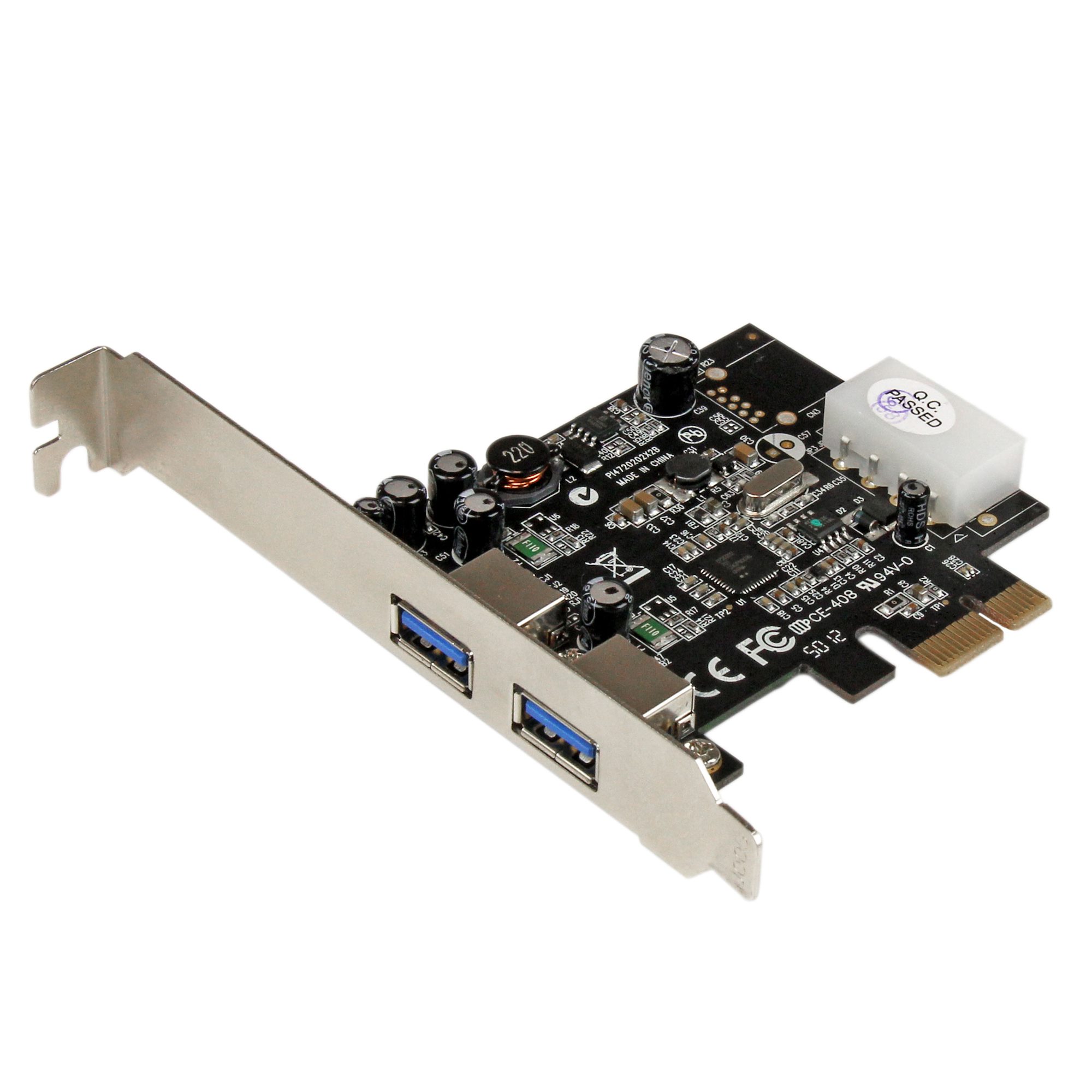Hello. I have an external audio interface connected to my PC, and because the USB ports are set to provide power even when the PC is turned off/sleeping (and it seems you can't choose only specific ports to pause power so it's either all of them have continuous power or having the wireless keyboard/mouse unable to wake the PC up) the interface is always turned on and kept somewhat warmer than I would've liked when it's summer.
So instead of having to remove either side of the USB every time, I'd rather have some sort of intermediate extender that doesn't impede power and data transfer and features an on/off switch. I searched and only found 1 such listing on eBay for an off-brand item that only ships within Australia.
Does anyone know a recommended option for this? Thanks in advance.
So instead of having to remove either side of the USB every time, I'd rather have some sort of intermediate extender that doesn't impede power and data transfer and features an on/off switch. I searched and only found 1 such listing on eBay for an off-brand item that only ships within Australia.
Does anyone know a recommended option for this? Thanks in advance.




